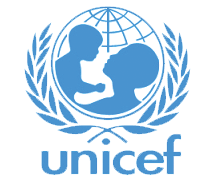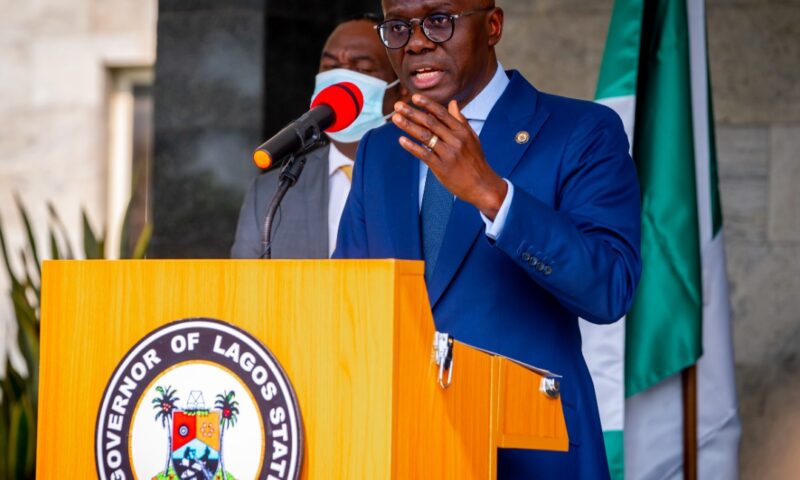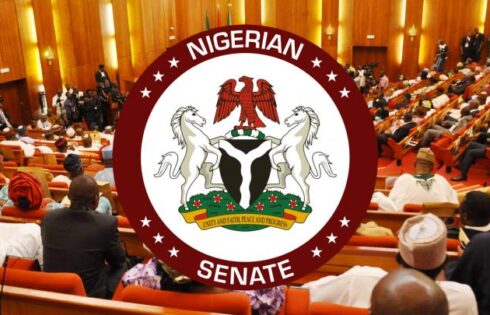The Nigerian National Petroleum Company (NNPC) Limited attributed the current global gas crisis to shortage of investments in the oil sector as activists, investors, and climate change advocates continue to mount pressure on banks and oil companies to withdraw funding for fossil fuel related projects.
The corporation said there might be no end in sight to the overheating of the oil market, which could even worsen if the required financing of major oil and gas projects continued to lag.
Speaking in Yenagoa during the 10th Practical Nigerian Content (PNC) Conference organised by Nigerian Content Development and Monitoring Board (NCDMB), the Group Executive Director, Upstream, NNPC, Adokiye Tombomieye, urged Nigeria to look inwards for financing of major projects.
The event was attended by several industry and non-sector players, including the governor of Bayelsa State, Douye Diri; Minister of State for Petroleum Resources, Timipre Sylva, who was represented by the Director, Human Resources Management, Dr. Famous Eseduwo; and the NCDMB Executive Secretary, Simbi Wabote.
Others at the event included Country Chair, Shell Nigeria, Osagie Okunbor; Group Managing Director, NNPC, Mele Kyari, who attended virtually; Chief Executive Officer, Nigerian Upstream Regulatory Petroleum Agency (NURPC), Mr Gbenga Komolafe; and several top shots in the oil and gas industry.
Tombomieye, who was represented by the Group General Manager, National Petroleum Investment Management Services (NAPIMS) Bala Wunti, said there had been a downward spiral in investment in the oil and gas industry since 2000. But he stressed that with the Petroleum Industry Act (PIA) things would change from 2022.
Tagged, “Driving Nigerian Content in the New Dawn of the Petroleum Industry Act,” the NNPC top official, who spoke during one of the sessions, maintained that there was an on-going trend of upward movement in the industry.
“The reason is not far-fetched,” Tombomieye stated, adding, “We have seen the consequence of uncertainty in the industry. Investment and uncertainty never mix.”
Tombomieye explained, “Whether we go ahead with the energy transition or not we have already created a monster and that monster is that we now have finance activists, investment activists that have come into the space to create problems for energy investment.
“Energy investment is being attacked and will continue to be attacked in the fossil fuels industry. Investment capital is now very discriminatory against fossil fuels, but not only that, it has become more and more impatient.
“Everybody wants to invest today and recoup the money tomorrow. Nobody wants to invest that money for 10 years, but I need to let you know that the upstream space is not a day’s job. You will invest today and wait for 10 years. These issues have created an impediment to investment.”
According to the GED, the crunch on finance and investment has not created the new energy crisis across the globe, but has seen the prices of gas skyrocketing in the last few months.
However, he stated that the situation had also brought about significant opportunities for Nigeria, which would now have to look elsewhere to finance major projects.
He said, “If I’m not getting money from JP Morgan and I’m not getting money from Blackwell, if Shell is running away, where else will the money come from. And this is a challenge for the service contractors. We do know that there should be active collaborations by the service contractors.”
Tombomieye argued that though many players within the industry liked to cut corners, with the advent of the PIA, that would soon stop. He said major investments would start rolling in by 2022 as pending disputes are being resolved.
During the event, the NCDMB Executive Secretary, Wabote, formally signed a deal with Amal Technologies for the setting up a state-of-the-art factory to produce hardware, embedded systems, and other technological devices in Nigeria. He said the plant could produce as much as two million electricity meters.
Wabote stated, “The plant will produce smart gas/smoke detector alarm devices that monitor and detect smoke and all types of gas leakages (especially LPG), call the user’s mobile phone if the intensity of the gas is getting high, and automatically shut off the valve of the gas cylinder using Internet of Things and Artificial Intelligence technology.”
On the board’s 10-year roadmap, Wabote said while there was a total of 96 initiatives, 56 were on track, 24 were on-going, 16 initiatives were not yet due, while overall, 75 per cent of the roadmap was on-track as at November 2021.
According to Wabote, “Five areas monitored for evaluation of Nigerian content are engineering, procurement, fabrication, project management, and services. Based on projects covered by our monitoring and evaluation directorate, a total of $20.4 billion was spent on these five categories between 2016 and 2020.
“The top three industries’ spend are $8.07 billion on fabrication, representing 39 per cent of spend; $4.74billion on engineering services, representing 23 per cent of spending, and $5.67 billion on procurement of manufactured materials representing 28 per cent of spend.
“The low spends were $1.18 billion on services, representing six per cent of spend, and $746 million on project management, representing four per cent of spend.”
In his remarks, Sylva called for closer collaboration among the various agencies of the ministry with implementation of the PIA about to come into force. He said the conference had continued to grow every year, adding that the NCDMB had consistently broken new grounds with the implementation of the Nigerian Oil and Gas Industry Content Development (NOGICD) Act.
He enjoined the board to continue its upward trajectory and stay focused on the implementation of the Nigerian Content 10-Year Strategic Roadmap to grow Nigerian content to the targeted level of 70 per cent by 2027.
He said, “Government expects that with the PIA now in place and supported by the enabling structures to ease doing business, new Final Investment Decisions (FIDs) should begin to happen rapidly in the Nigerian oil and gas industry.
“With over $42 billion worth of investment agreement signed by various Nigerian entities at the just concluded Intra African Trade Fair (IATF) in South Africa, there is strong optimism that so many new projects would soon commence in the Nigerian oil and gas industry.”
Komolafe, in his comments read by the Senior Technical Adviser NUPRC, Mr. Abel Nsa, said over a decade since the enactment of the NOGICD Act, so much had been achieved by the NCDMB over the years in the development of indigenous capacity. He said this had helped in stimulating the local economy and brought about the resurgence of new businesses, creation of jobs for the youth and unemployed, in addition to the retention of wealth in the country.
Shell Chair in Nigeria said the company in 2016 spent over N2 billion in the construction, upgrade and provision of equipment for the Nigerian Institute of Welding (NIW) in a bid to enhance welding technology in-country.
“With this investment, the institute is now able to perform destructive and non-destructive testing of materials in Nigeria,” he said.
Diri urged the stakeholders to create “local contentment”, to foster a conducive environment for the operations of the oil companies.











